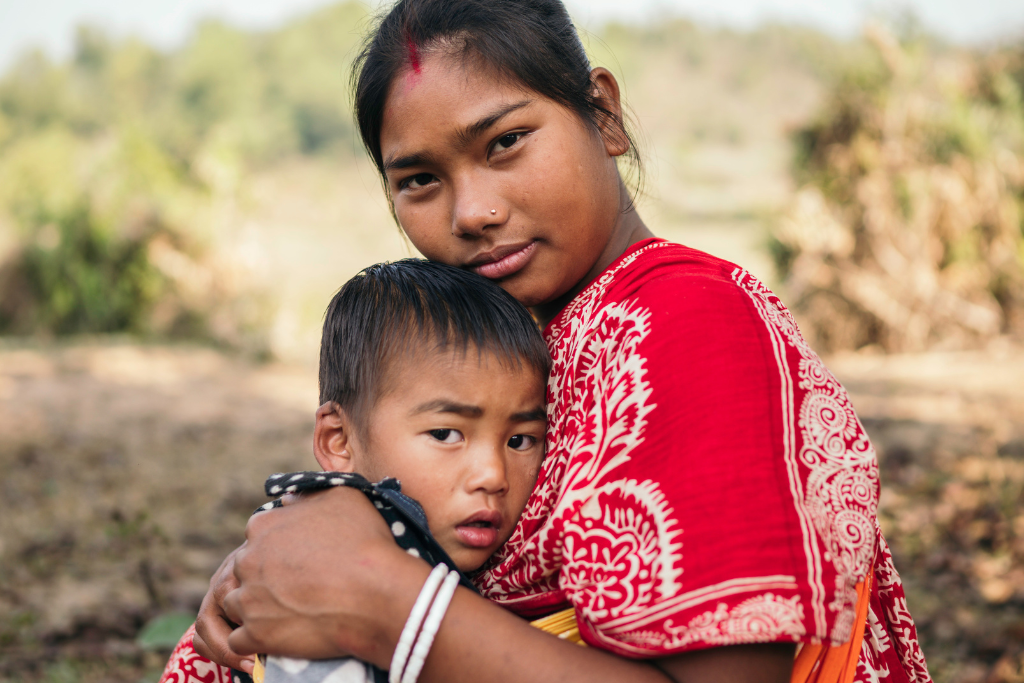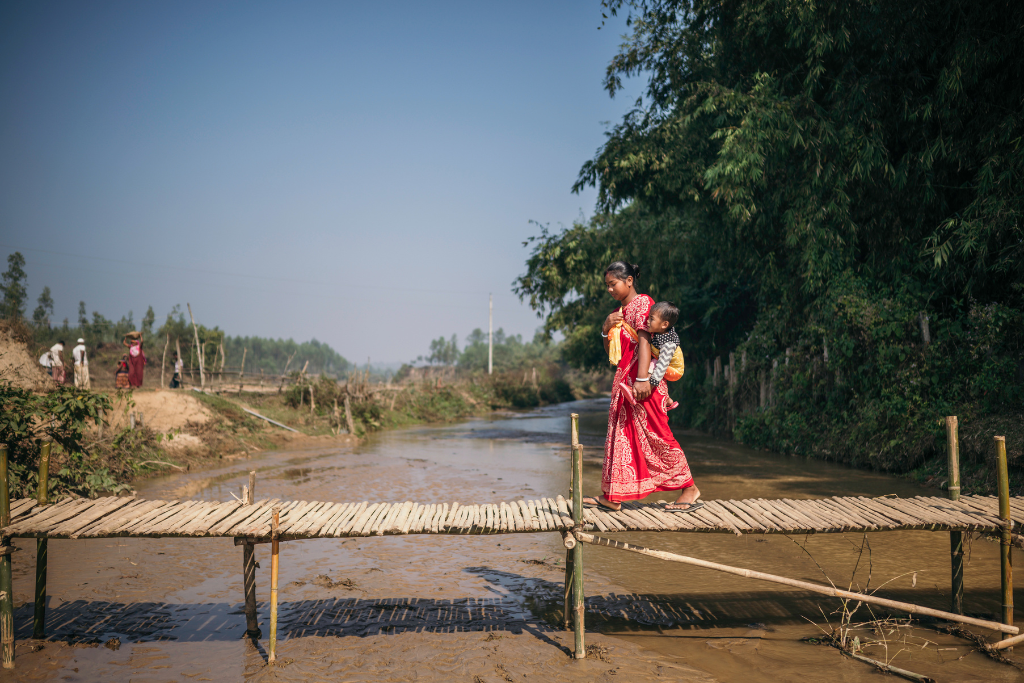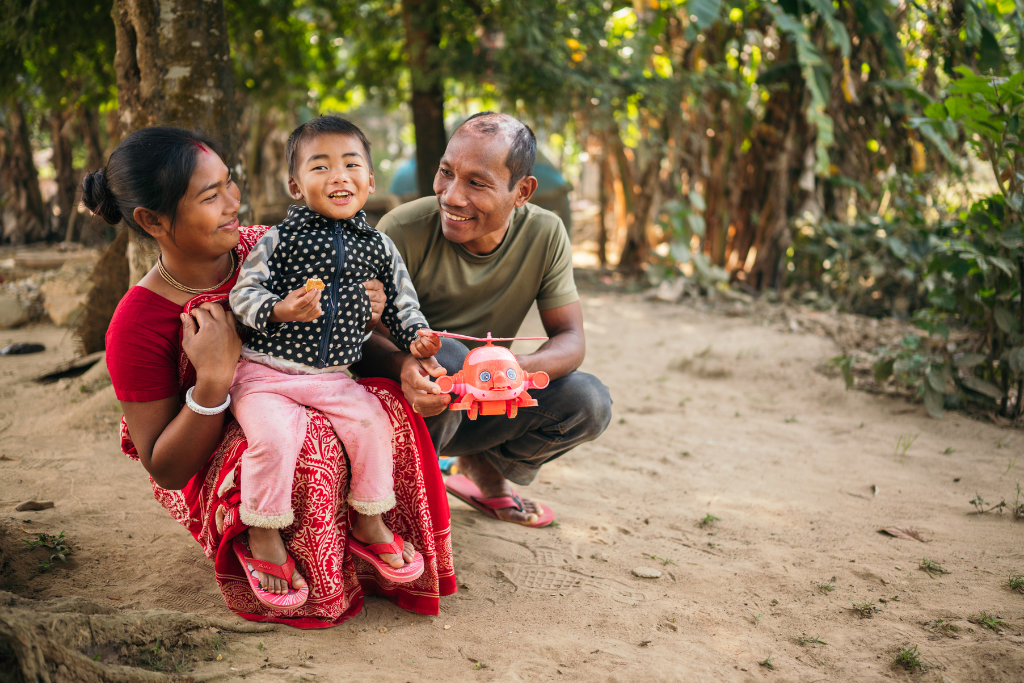First-time mother, Kohima, went into labour in her remote village in northern Bangladesh. But her rural community had a custom that no one should speak to a mother whilst she’s in labour—nor provide assistance. It was a sign of strength to give birth in solitude; it was how Kohima had been born.
But Kohima knew she needed help.
“I don’t know if I can survive!” Kohima cried out to her mother. Something was wrong; Kohima was frightened and unsure how to convince her family that their traditional practices for childbirth were putting her in danger.
During her pregnancy, Kohima had been registered with a Child Survival Intervention at her local Compassion project. Kohima had received antenatal care and proper nutrition and had been the first expectant mother in her family to have an ultrasound. While project staff are sensitive to local customs, Child Survival Implementer, Rinika says, “We want them to have a safe birth experience,” and so they strongly encourage assisted deliveries.
Choosing to take action

Listening to Kohima’s distress, her mother, Minita, decided she had to act. It was too early in the morning to get an auto-rickshaw to the hospital, and none of the family members owned a phone to call for help. Instead, Minita ran as fast as she could to the home of the Compassion project’s tutor—10 minutes away from their house—and from there, she phoned Rinika.
Minita was able to return to her daughter’s side and assist Kohima through the delivery, with Rinika’s voice easing their fears over the phone. Kohima gave birth to a beautiful baby boy and named him Joy.
Rinika then drove out to collect Kohima and Joy, and took them to the nearest hospital.
Overcoming social stigma

Afterwards, Minita spoke of the challenge to overcome her sense of societal pressure in not leaving Kohima alone—saying when she heard Rinika’s calm voice over the phone, she knew she’d made the right decision.
Rinika knows many mothers who’ve felt that same pressure to give birth alone, rather than seek medical help. Poverty presents a significant barrier for mothers needing hospital care: many families know they simply cannot afford the costs. This places a very real burden on expectant mothers and their families, and It’s precisely why Compassion’s Child Survival Intervention supports pregnant mothers at their point of need.
Supporting mothers and babies at a critical time

“If it wasn’t for Compassion, I think I would have lost my life,” says Kohima, thinking back over her experience. Joy is now two years old and growing into a healthy little boy.
As time has gone on, Rinika is encouraged by how the community is more trusting of her as someone who can guide and support mothers and young children .
“I’ve seen a noticeable increase in parents coming forward to join the Survival Programme,” she says. “They’re much more responsive to my advice, and to the idea of medical treatment when needed. I do try to be sensitive to traditional practices, but it has become easier to explain the dangers of giving birth alone. Even the men show more interest in how to best support their wives and children by allowing additional support. Most mothers still have home births, but a midwife will be in attendance much more often now.”
At the Compassion project, Survival mothers are invited every week to attend workshops about childcare, and to connect with one another in a supportive environment, providing them with emotional as well as practical support.
“The mothers show a good bond with each other,” says Rinika. “It serves as a perfect platform to share their skills and ideas and to have a catch-up. “Our workshops cover the value of breastfeeding for the first six months, how to go about introducing solids, the timing of vaccinations, as well as other topics about parenting and health.”
Learn more about our Child Survival Interventions
We want to continue and expand the reach of our Child Survival projects—and we need to raise vital funds to make this possible. Can you help mothers and babies, like Kohima and Joy, by supporting our Child Survival Interventions?




